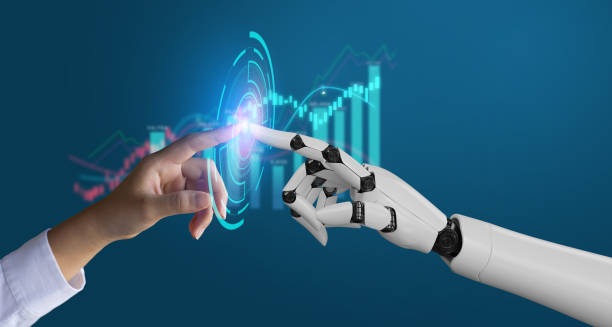
THE INFLUENCE OF ARTIFICIAL INTELLIGENCE ON LAW AND ITS REGULATION IN 2023
When referring to artificial intelligence, it usually means any human conduct that is developed by a machine or a system. In addition, it is imperative to point out that said technologies are not homogenous in their functions and capabilities but are rather categorized according to their self-sufficiency, learning capabilities and their ease in problem solving.
Even when the propagation and development of said technology has been globally successful, legislation on the matter is inexistent, insufficient, scarce, or incoercible in 2023. Many countries have proposed to legislate on the matter and publish modern laws, however the reality shows that the field of artificial intelligence is still pending to be explored.
In the case of Mexico, the bill named “Law on the Ethical Regulation of Artificial Intelligence and Robotics” was published on the Parliamentary Gazette on May 24th, 2023, by the representative Ignacio Loyola Vera. Said bill is divided into three chapters and 19 articles which content is about creating the infrastructure that is essential to regulate said technology through an autonomous government body named the “Mexican Council of Ethics for Artificial Intelligence and Robotics”. In view of the above, it is considered necessary to publish a batch of reforms alongside said bill to address different problematics related to artificial intelligence in diverse areas of law, being that the bill alone is insufficient to solve the legal loophole being addressed.
The development and daily use of artificial intelligence brings a set of challenges in the legal field since situations that were not anticipated some years ago are surging, for which it is necessary to revolutionize the current legal thought process to face said circumstances.
Lawsuits are being filed in the United States of America that bring forth issues such as the possibility of an artificial intelligence system being considered an author or the legality of a company feeding to a generative artificial intelligence system such as ChatGPT protected works of diverse authors.
In the United States there exists the prerequisite that artistic expression must come from the human mind for works to be protected, however said criteria becomes confusing and open for interpretation when photography can be protected. While it is true that there exists an action made by a human that leads to taking a photograph, current day cameras no longer work the same way as those from back in 1884, the year when photography was authorized to be protected. Current photographs are processed by a device, eliminating or significantly reducing the influence that a human being has on the final product, thus generating a sense of doubt over how much intervention from a human is necessary in order to protect a work.
Due to similar cases to the ones mentioned, uncertainty has been brewing in the general public with the use of generative artificial intelligence since there’s a fear of being sued. With the intention of fighting against this issue, multinational companies that use said technology such as Google, Microsoft and Adobe have announced their intention to protect users from lawsuits that originate from the use of generative AI in their platforms so long as the action from which the lawsuit stems from was not done in bad faith.
It is essential to rethink and analyze the current legislation while taking into consideration the changes that technology has brought with itself to reality.
